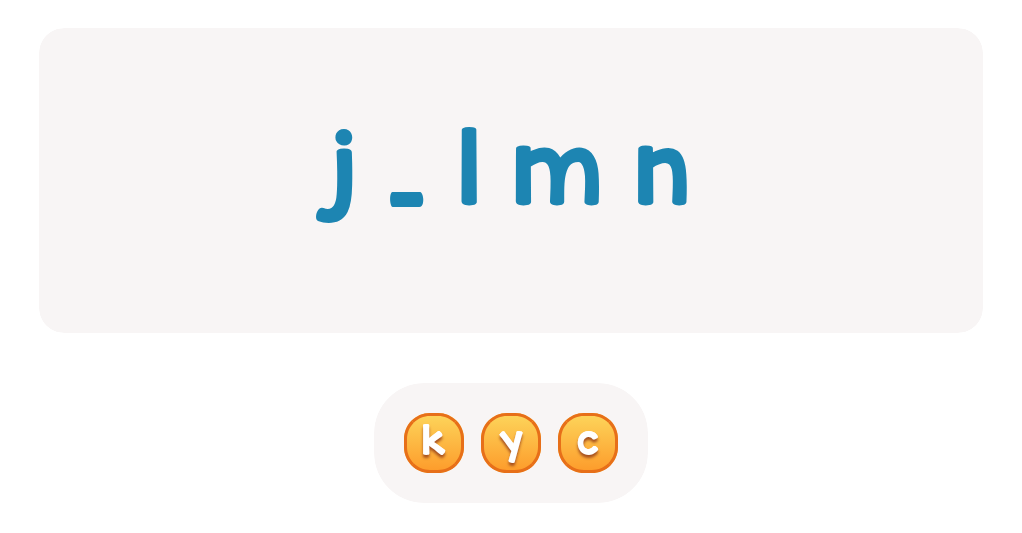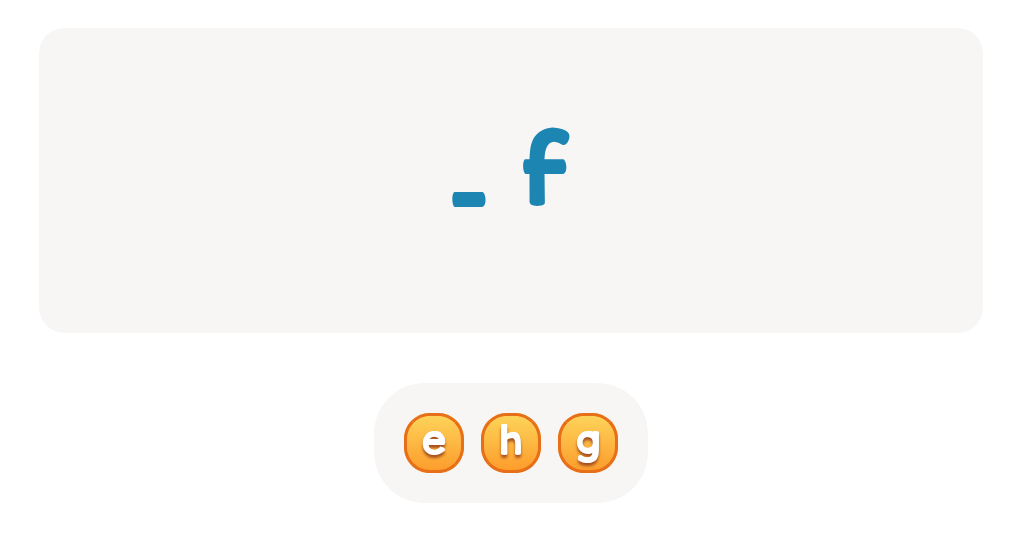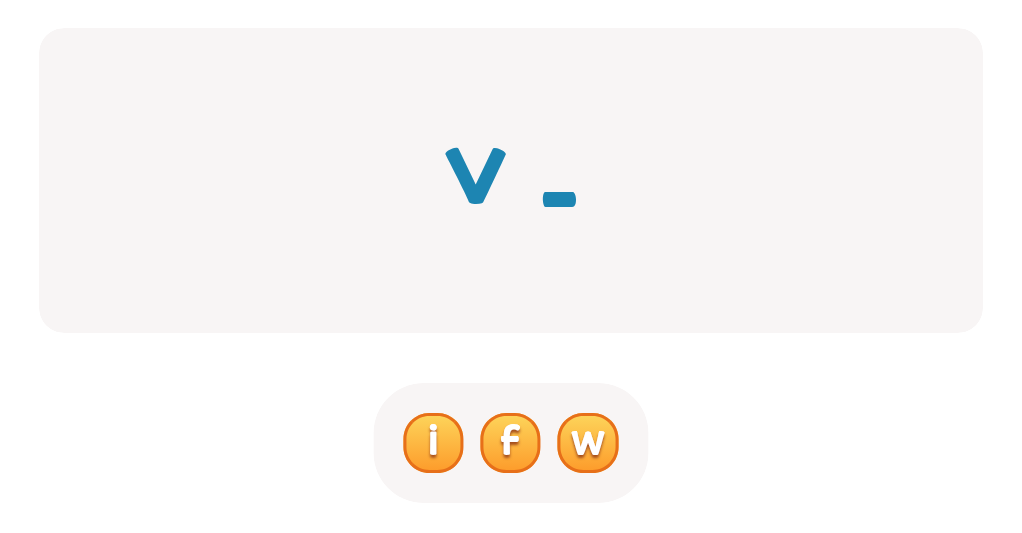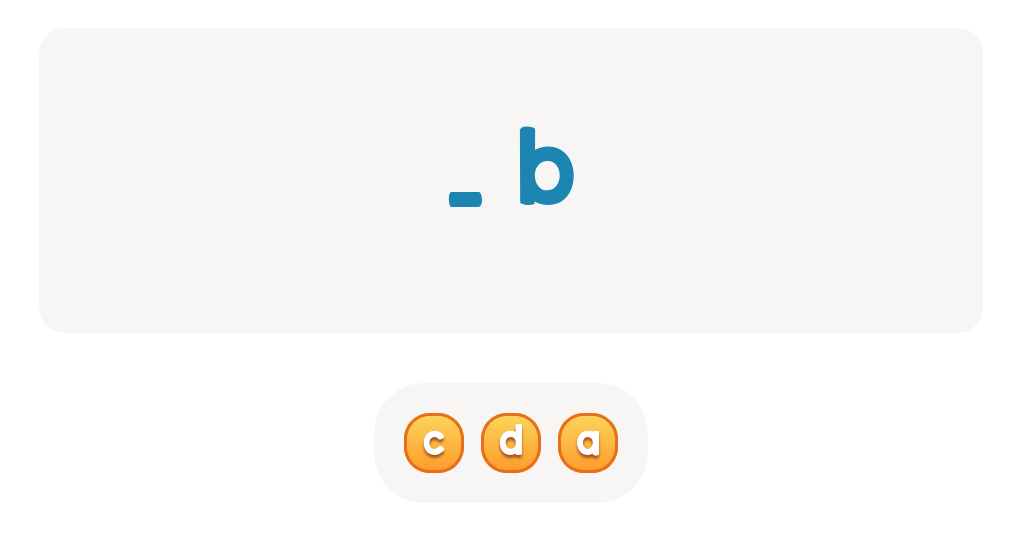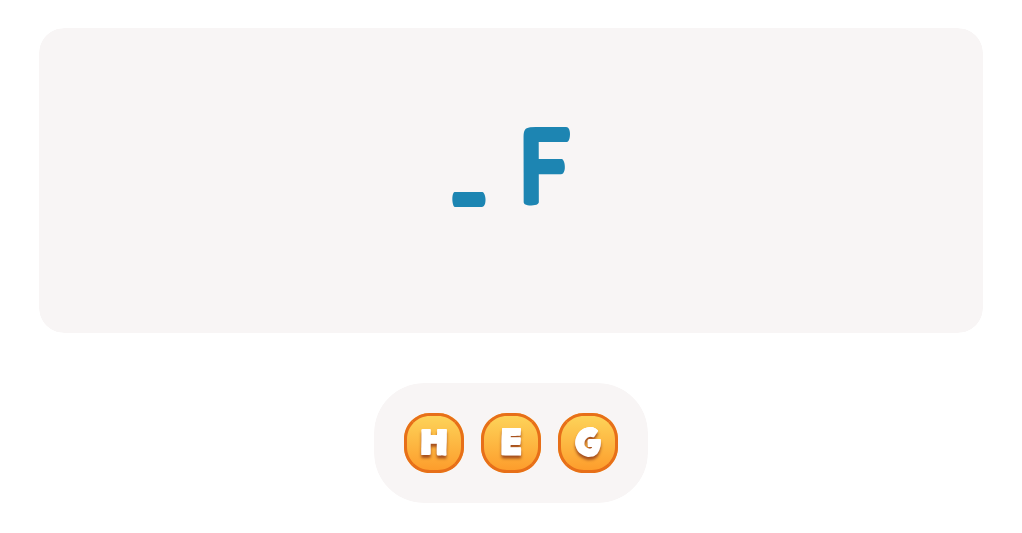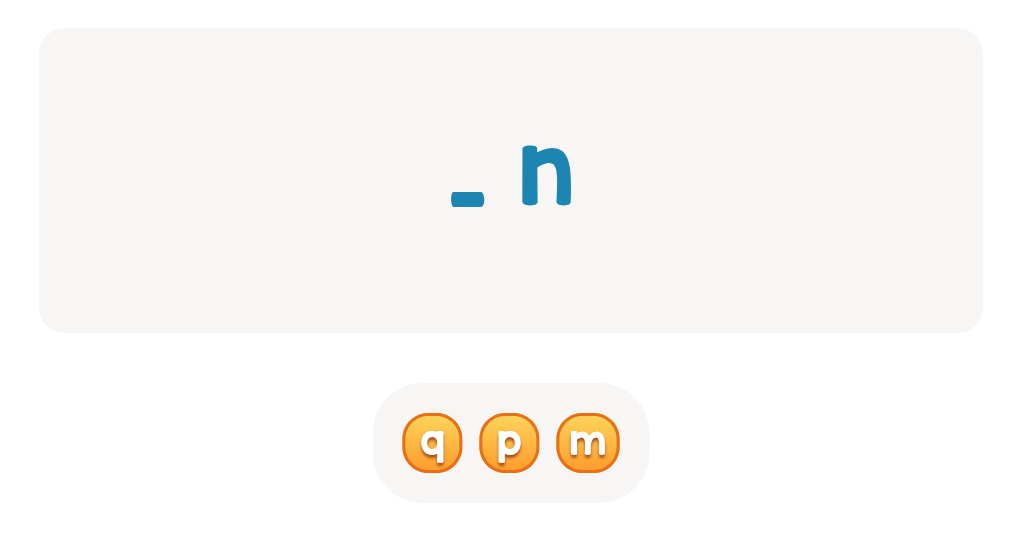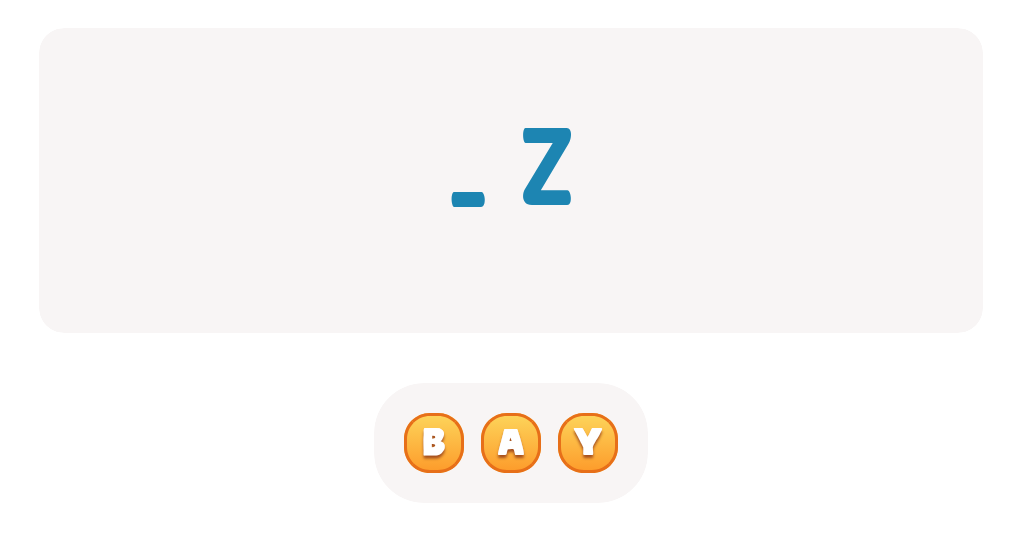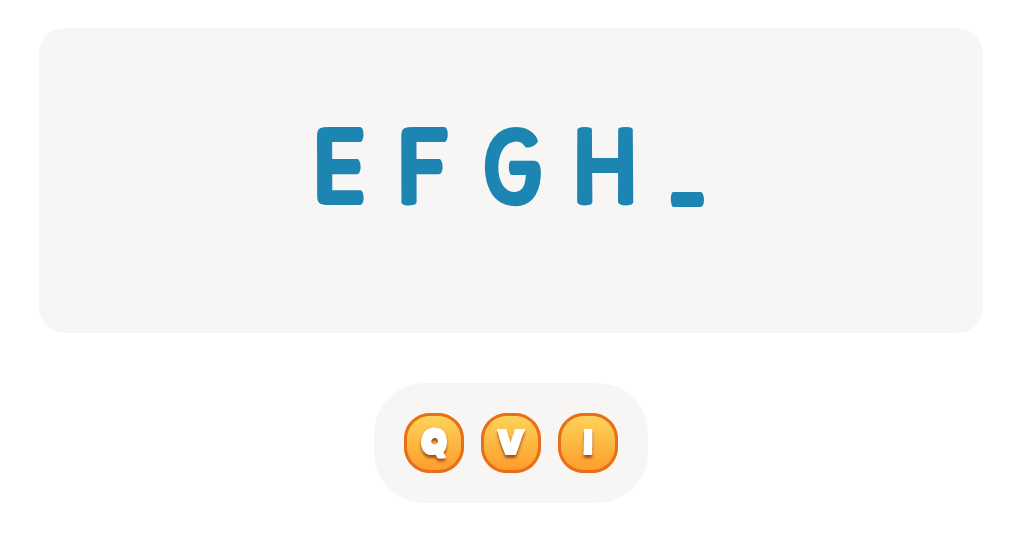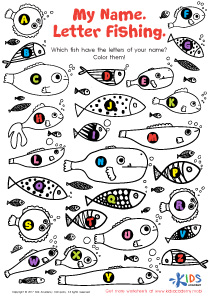Handwriting Skills ABC Order Worksheets for Ages 6-8
7 filtered results
-
From - To
Enhance your child's handwriting and alphabet skills with our engaging "Handwriting Skills ABC Order Worksheets" tailored for ages 6-8. Designed by educational experts, these printable worksheets help young learners practice neat handwriting while mastering the sequence of the alphabet. Each fun and interactive exercise focuses on letter formation, spacing, and consistency, turning learning into an enjoyable activity. Ideal for both classroom use and home practice, these worksheets support the development of fine motor skills and boost confidence in writing. Give your child the tools to succeed with these essential handwriting and ABC order exercises!
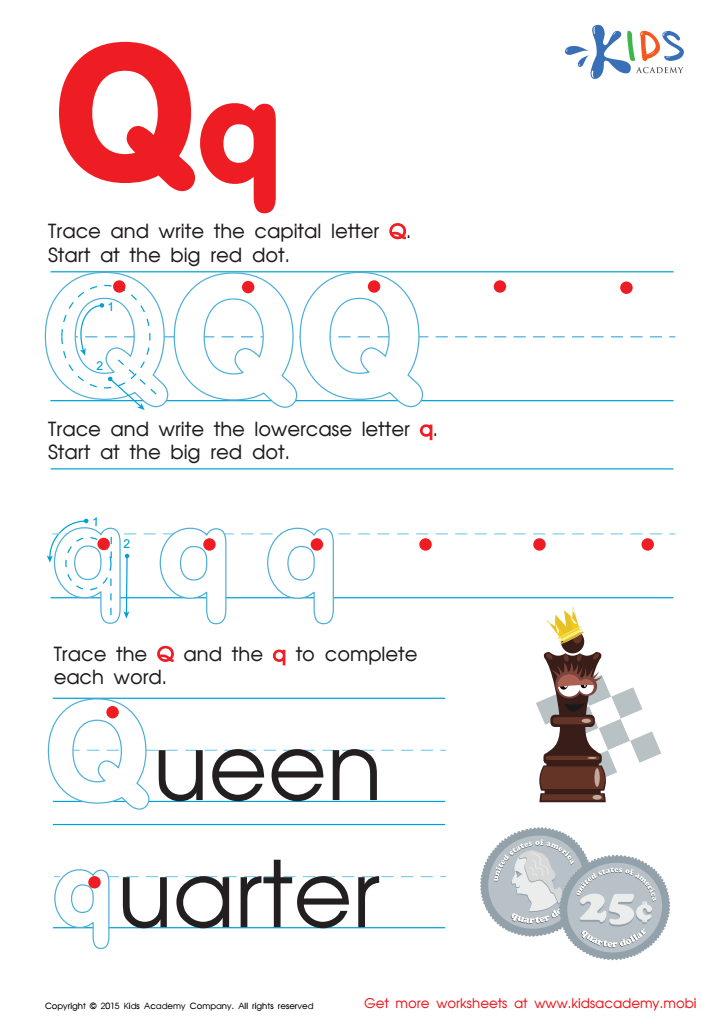

Letter Q Tracing Page
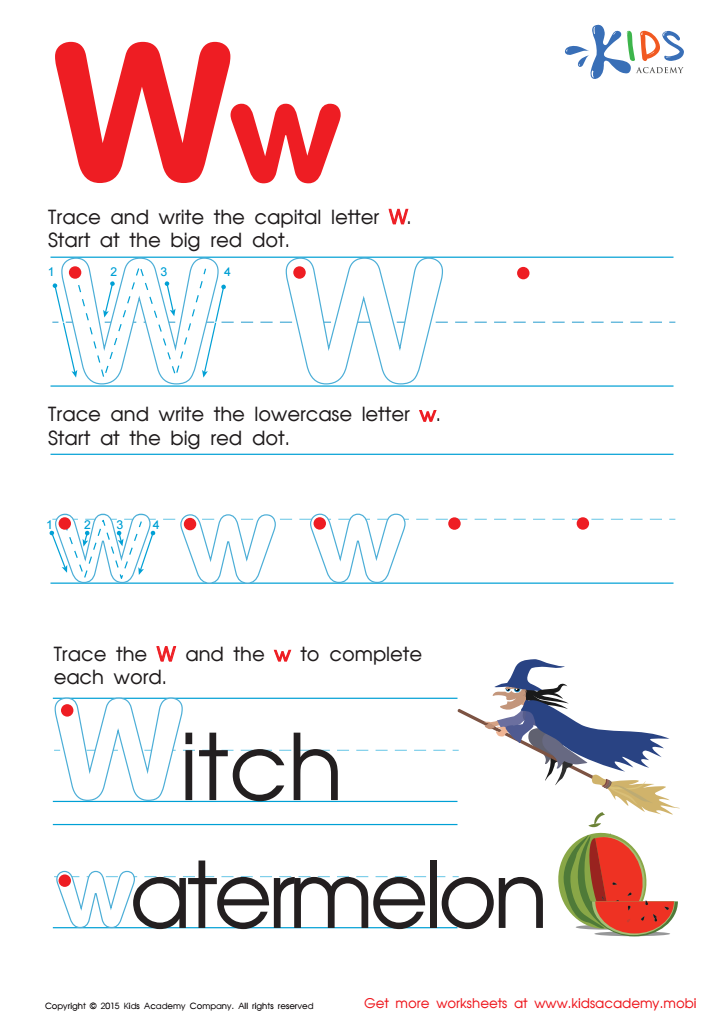

Letter W Tracing Page
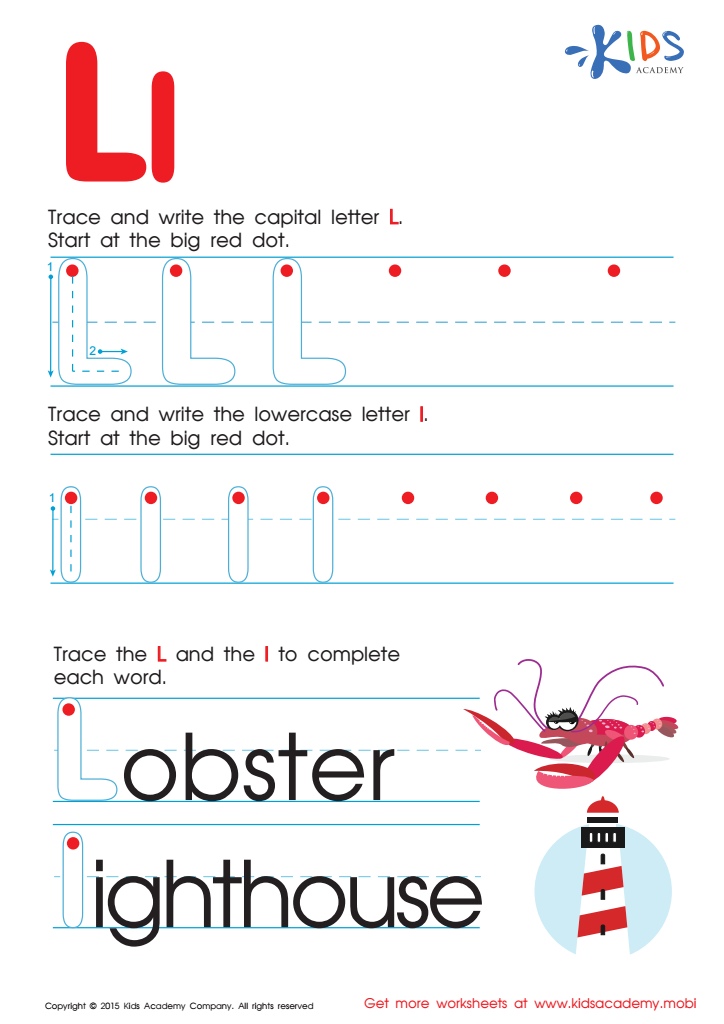

Letter L Tracing Page
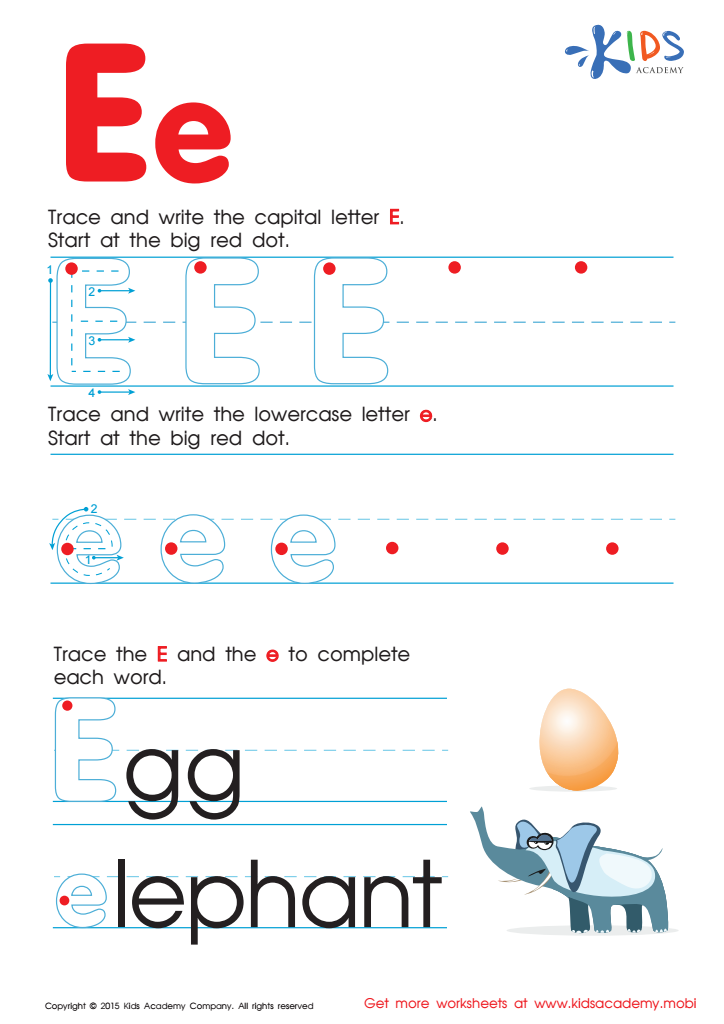

Letter E Tracing Page
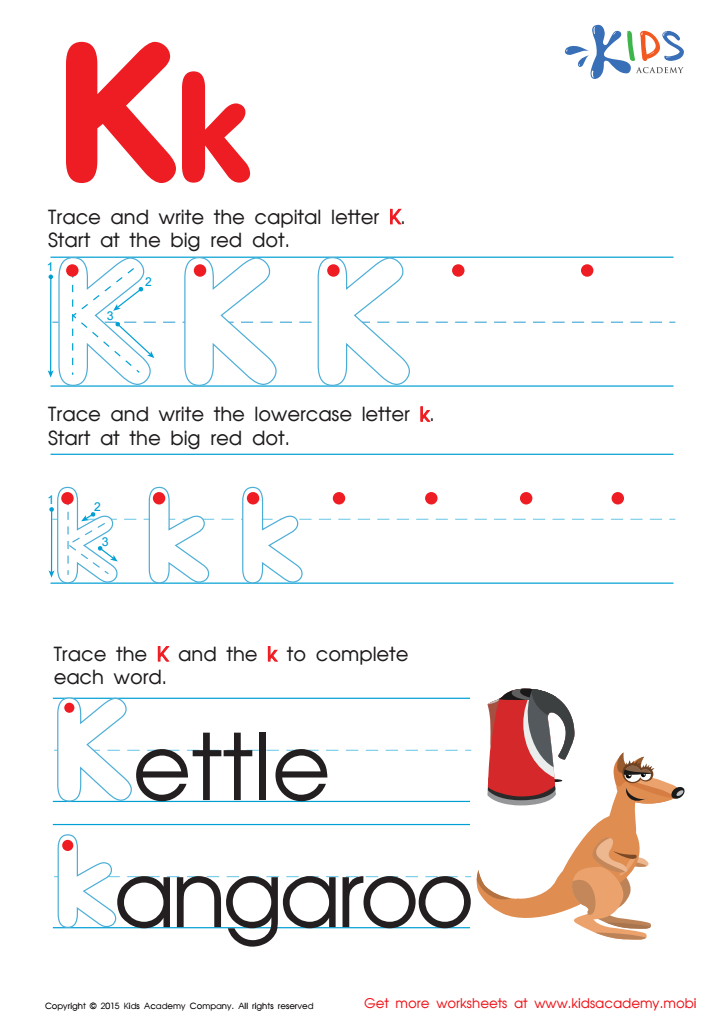

Letter K Tracing Page
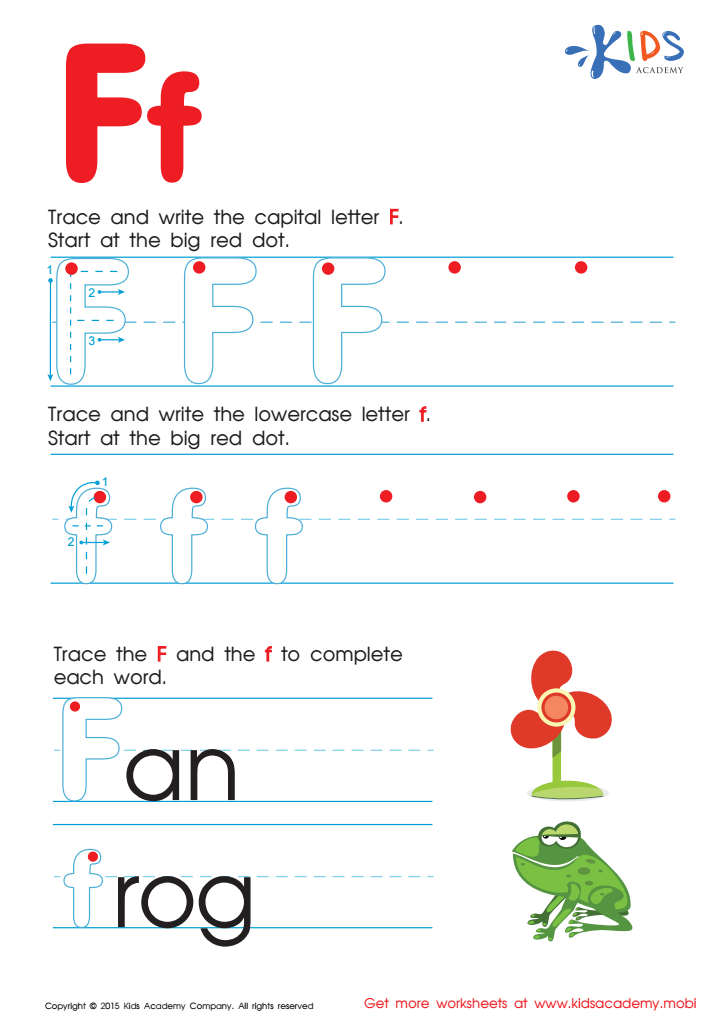

Letter F Tracing Page
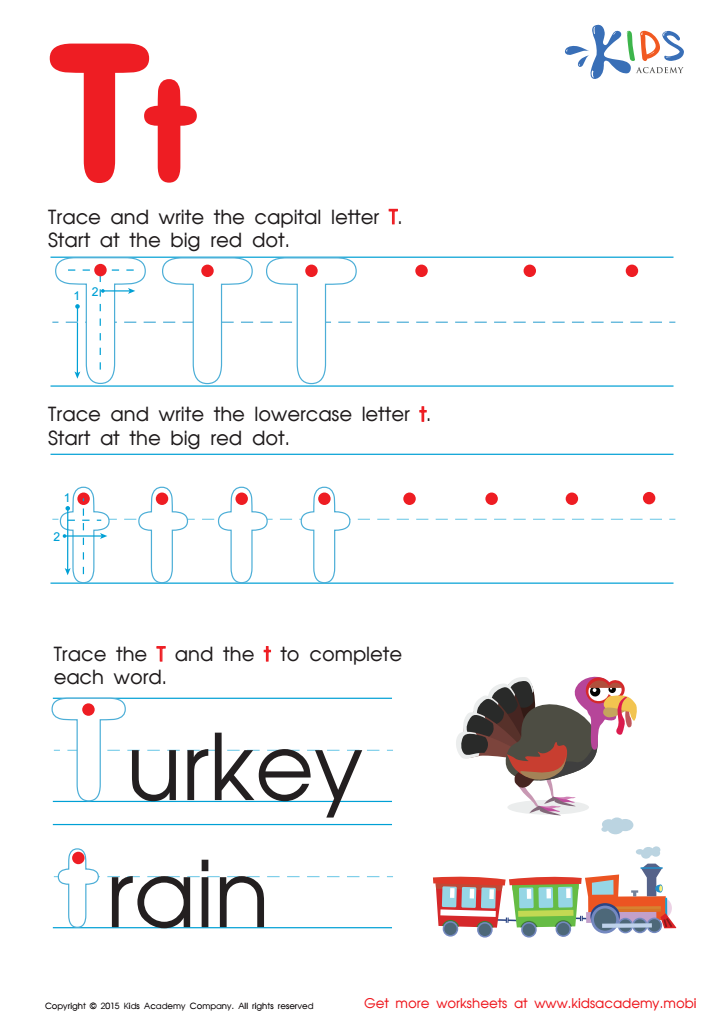

Letter T Tracing Page
Handwriting skills and understanding ABC order are crucial for children ages 6-8 as they lay the foundation for their academic success and overall cognitive development. Handwriting practice helps children develop fine motor skills, which are essential for tasks requiring precise hand movements. It also improves eye-hand coordination and muscle memory, enabling children to write more legibly and consistently.
Mastering ABC order (alphabetical order) is equally significant. It offers children a sensible framework for organizing information, which is a fundamental skill in all subjects. When children learn to arrange words in alphabetical order, it enhances their understanding of sequence, patterns, and the organization of data. This skill directly translates to practical applications like using dictionaries, navigating indexes in books, and understanding how libraries classify books.
Additionally, proficiency in handwriting and alphabetical order fosters a sense of accomplishment and independence. It also supports literacy development by reinforcing letter recognition, phonemic awareness, and spelling. Cognitive benefits aside, children with strong handwriting skills often face fewer frustrations while performing written tasks, leading to a more positive attitude toward learning overall.
Teachers and parents who prioritize these skills provide children with essential tools for effective communication, academic achievement, and lifelong learning habits. These early educational investments empower children with a strong foundation upon which they can build more complex literacy and organizational skills.

 Assign to My Students
Assign to My Students
